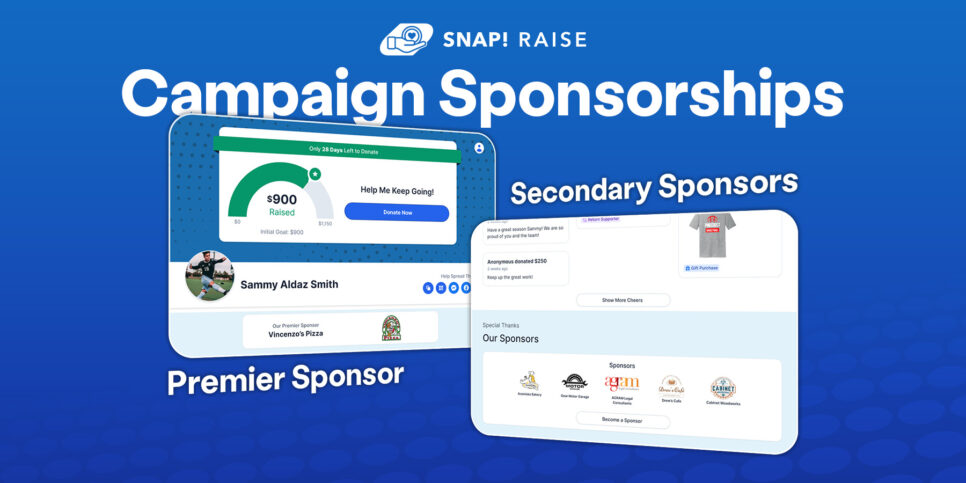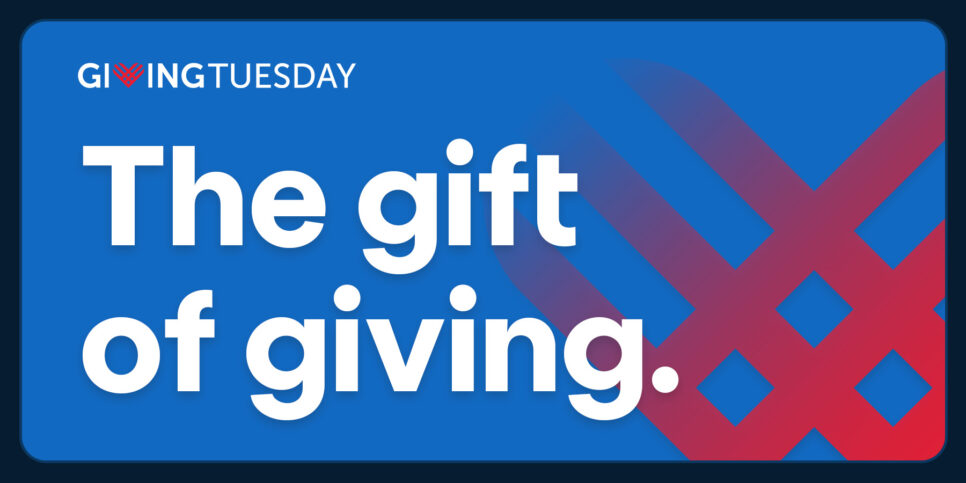

Though school fundraisers serve a valuable purpose, even the best-intentioned fundraising efforts can cause a huge headache.
Look out for these five common fundraising traps, and find a fundraising idea that hedges against these risks.
1. Handling Cash
Many school fundraisers involve students and staff handling large amounts of money. This can result in funds being misplaced or even stolen, which has the potential to ruin not only fundraisers but entire careers. The most effective way to avoid accidental fundraising fraud is to not use cash. Securely processed online donations are a safer, easier, more transparent alternative.
2. Spending Money Up Front
Cookie dough fundraisers, for example, require an initial investment to acquire the product in the first place. Spending money upfront might seem like a risk that is worth the reward, but with so many fundraising options that don’t require a payment to get started, this risk is no longer necessary. Instead, choose a fundraising method that is guaranteed not to lose you money.
Get the reward without the risk by working with professionals who make sure you actually succeed in raising funds before you need to invest any overhead. And when you do invest money in your fundraiser, make sure it’s going toward making your fundraiser as easy, efficient, and successful as it can be.
3. Services That Sound Too Good to Be True
Fundraising services that claim to be free often have hidden drawbacks. Some are not transparent about fees, while others only let you keep the money you raise if you meet your goal. Remember—free does not necessarily mean effective.
A trustworthy service will be able to reference success stories and be transparent about costs and why they charge them. Always research and vet any potential future fundraising partners (and use these 7 questions to help) to make sure you find the right fit.
4. Fundraisers That Aren’t Compliant with Local Regulations
Know the regulations concerning fundraisers in your state or district and make sure your own fundraising efforts remain compliant. For fundraisers of all types, it is important to learn what fundraising and data privacy regulations and tax laws apply.
Depending on what kind of fundraiser you run, other laws might be relevant as well. If your fundraiser involves food, make sure it is handled appropriately. If it involves media, for example, a movie screening, make sure your fundraiser complies with copyright laws.
When working with any kind of fundraising partner or service, beware of anyone who claims to be completely compliant—since regulations vary so much from region to region, it is essentially impossible to be completely compliant. Instead, look for a company that has an established track record of working flexibly at both local and state levels to remain compliant and support the programs they serve.
5. Distracting Your Team from What Matters
Consider whether your fundraiser is in line with the values of your program. Cookie dough or candy bar sales are probably not the best fundraiser for an athletic program that advocates fitness and healthy eating. In general, product sales fundraisers are rarely the best fit for a busy program, considering these fundraisers take valuable time away from more important program activities.
Studies show that extracurricular activities benefit kids most when they are willing and excited about participating—and it’s likely your team signed up to learn and lead, not sell a product. Devoting more time to practicing, mentoring, and team-building will benefit kids much more than trying to motivate them to make sales.





